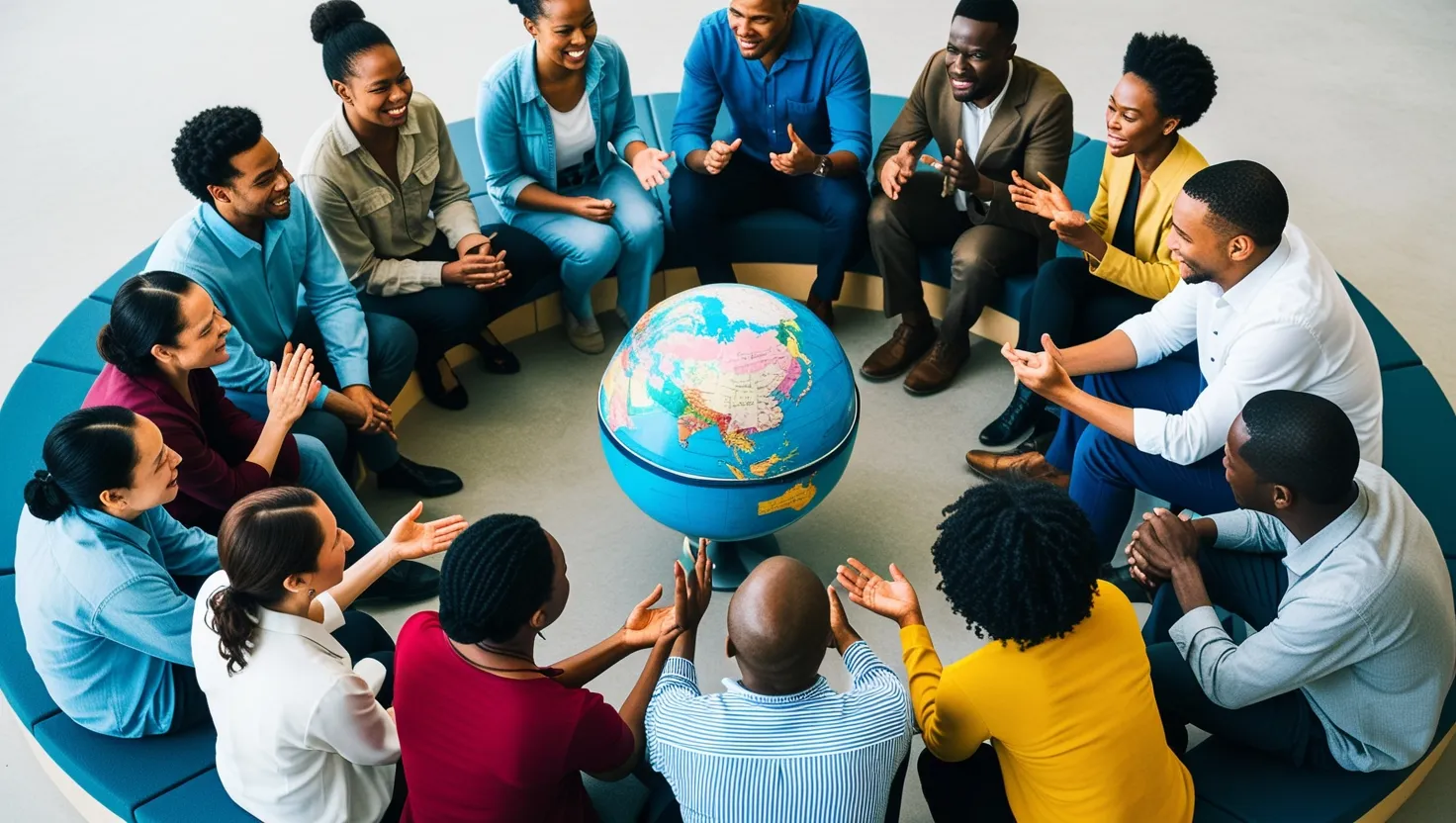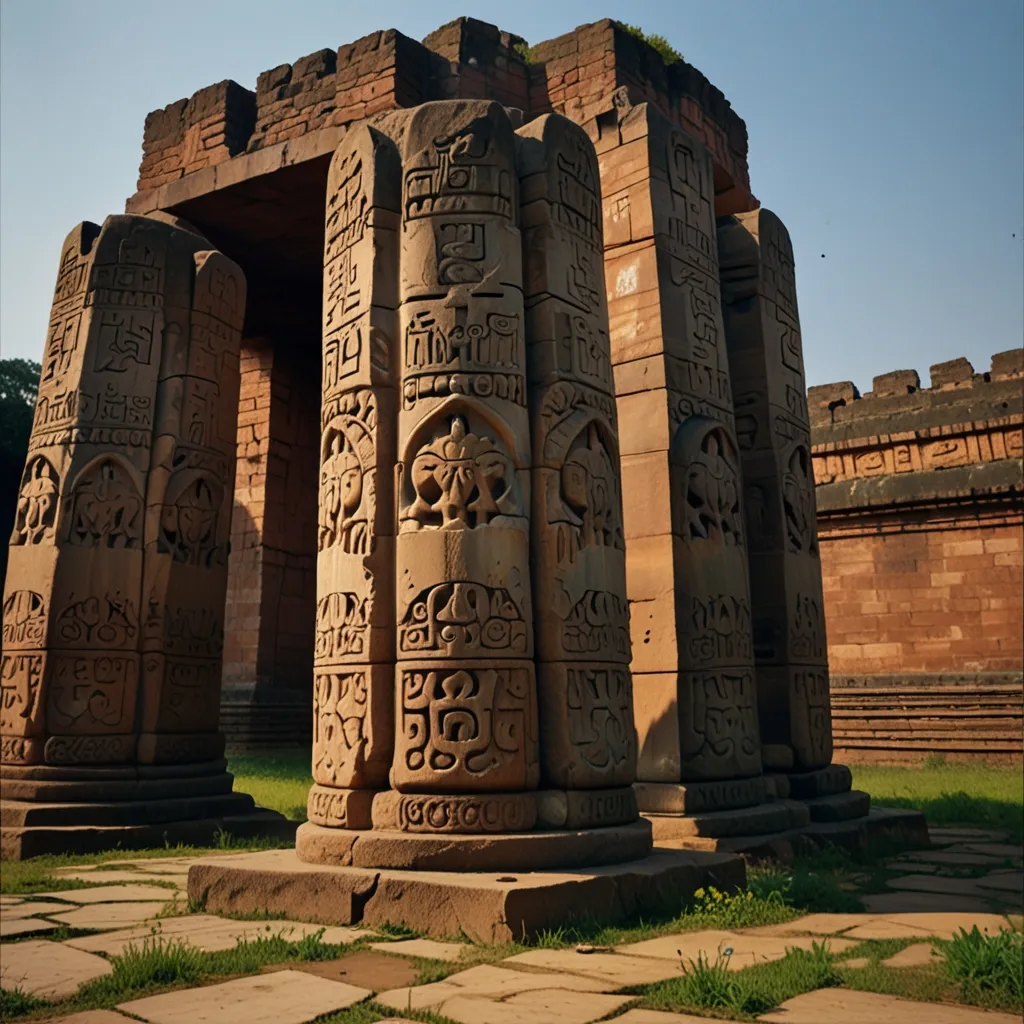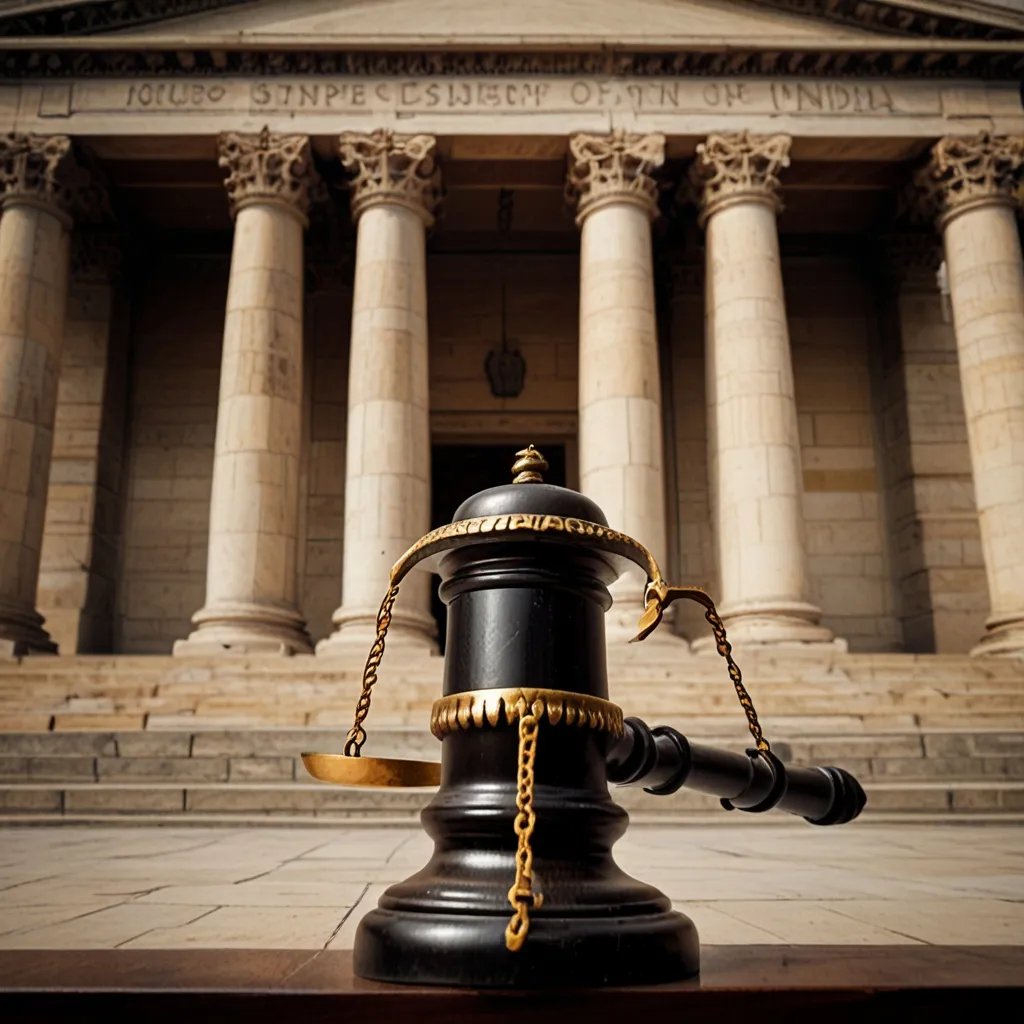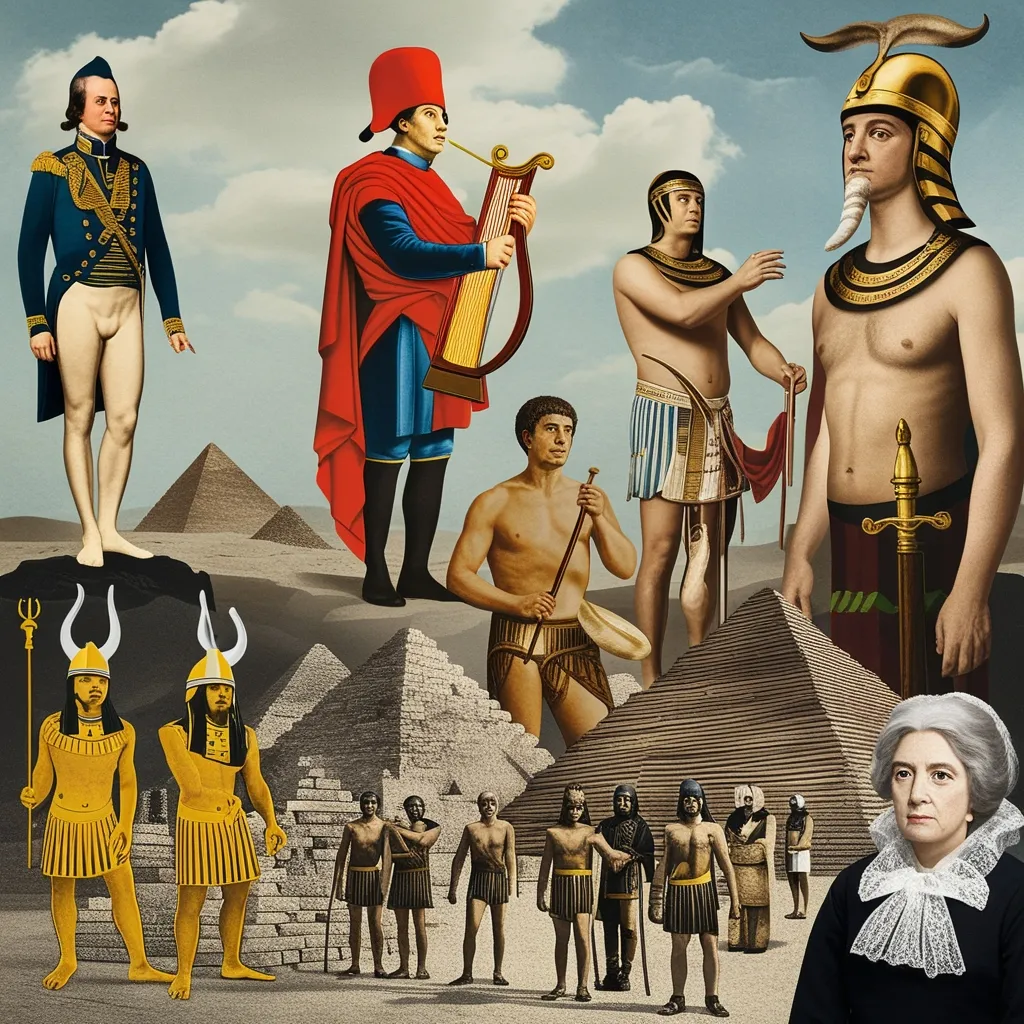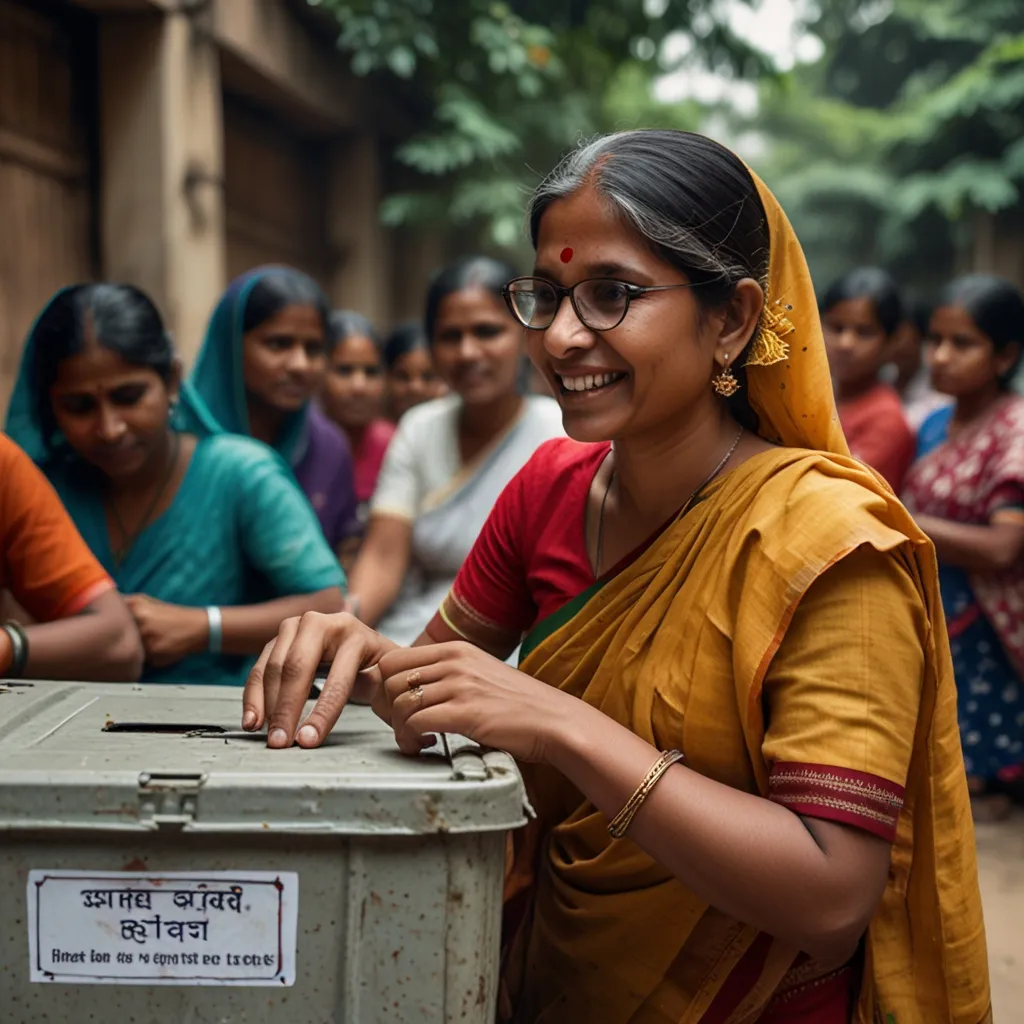In a world where global issues are becoming increasingly complex and divisive, the need for open, inclusive, and thoughtful dialogue has never been more pressing. This is where the Doha Debates step in, a unique platform that has been bridging global divides through structured and engaging discussions. Originating in Qatar, this initiative brings together diverse voices from around the globe to tackle some of the most contentious issues of our time.
At the heart of the Doha Debates is a simple yet powerful idea: that by listening to and engaging with different perspectives, we can foster greater understanding and find common ground. This approach is particularly important in an era where polarization and echo chambers have become rampant. Social media platforms often reinforce our existing views, making it easier to ignore or dismiss opposing opinions. The Doha Debates, however, offer a refreshing alternative by creating a space where people can engage in respectful and meaningful discussions.
One of the key strengths of the Doha Debates is their ability to bring together experts and everyday people from various backgrounds. For instance, a recent town hall event titled “Rise of the Rest: Who should lead in a multipolar world?” gathered students, recent graduates, and renowned experts like Jon B. Alterman, Sawsan Chebli, and Wadah Khanfar. This diverse group of participants discussed the shifting global powers and the implications of a multipolar world, where multiple nations and regions are vying for influence.
The debates are not just limited to political and economic issues; they also delve into cultural and social topics. The rise of non-Western cultural phenomena like K-pop, Bollywood, and Turkish dramas (dizi) is a significant example. These cultural exports are not only entertaining but also carry soft power, influencing how people around the world perceive different cultures and nations. This shift in cultural influence is part of a broader trend where non-Western countries are gaining more prominence on the global stage.
The format of the Doha Debates is designed to encourage deep and thoughtful discussions. The events often include traditional Majlis-style conversations, a method of dialogue that is rooted in Arab culture and emphasizes consensus-building and shared understanding. This approach contrasts with the more confrontational style of debates often seen in Western media, where the goal is frequently to “win” an argument rather than to understand different viewpoints.
Globalization is another critical topic that the Doha Debates have addressed. While globalization has interconnected the world in ways that were previously unimaginable, it also faces significant criticisms. Some argue that it has led to cross-border bullying, elitism, and inequality, particularly affecting lower-income countries and communities. The debates provide a platform for these voices to be heard and for solutions to be discussed. For example, Medea Benjamin, a well-known human rights activist, has participated in these debates, highlighting the need for a more balanced and equitable form of globalization.
The impact of the Doha Debates extends beyond the immediate discussions they facilitate. They influence public discourse by challenging assumptions and promoting critical thinking. In an age where misinformation and disinformation are rampant, these debates offer a model for how to engage with complex issues in a thoughtful and informed manner. By airing these discussions on various platforms, including live events, digital videos, TV series, blogs, and podcasts, the Doha Debates reach a wide audience, encouraging people to think critically about the world around them.
One of the lesser-known but significant aspects of the Doha Debates is their focus on the role of middle powers and the global South in shaping the future of global leadership. As the world moves away from the bipolarity of the Cold War era and the unipolarity that followed, new regional alliances and middle powers are emerging. The BRICS nations, for instance, now account for nearly half of the global population and a significant portion of global GDP. These countries are not just economic players but also cultural and political influencers, challenging the traditional dominance of Western nations.
The debates also touch on the role of technology in global governance. With tech giants like Apple and Tencent wielding significant influence, the question of who should lead in a multipolar world is no longer limited to nation-states. Private companies and individuals, such as Elon Musk with his SpaceX venture, are increasingly playing critical roles in global affairs. This blurs the lines between traditional state power and new forms of influence, making the discussions around global leadership even more complex and nuanced.
In conclusion, the Doha Debates represent a vital initiative in fostering global understanding and dialogue. By bringing together diverse voices and using innovative formats, they challenge us to think critically about the world’s most pressing issues. In a time when divisions seem to be deepening, these debates offer a beacon of hope – a reminder that through respectful and open dialogue, we can find common ground and work towards a more inclusive and equitable world.
As we navigate the complexities of a multipolar world, the Doha Debates serve as a model for how we can engage with each other in meaningful ways. They remind us that leadership is not just about command but about the ability to coordinate and inspire. Whether it is addressing climate change, economic inequality, or cultural exchange, the Doha Debates show us that by listening to each other and engaging in respectful dialogue, we can build a better future for all.
